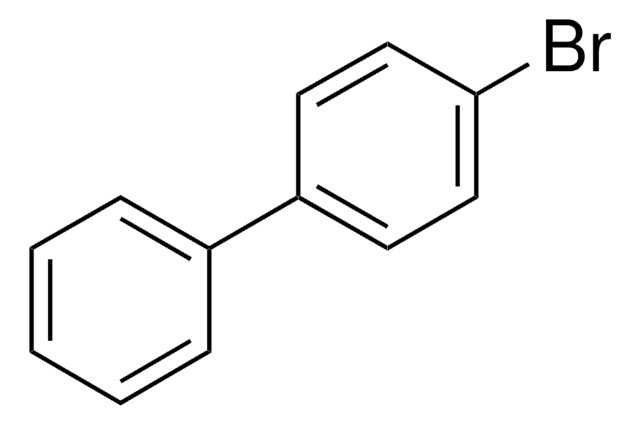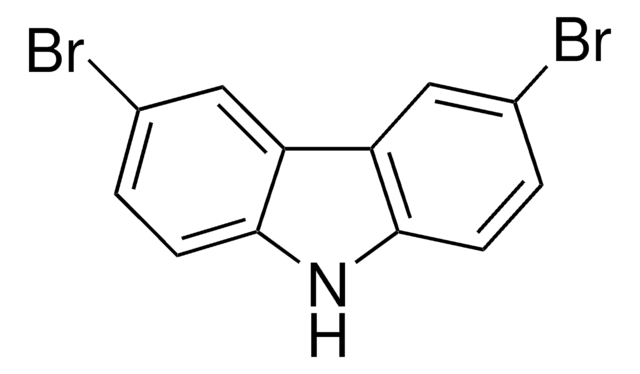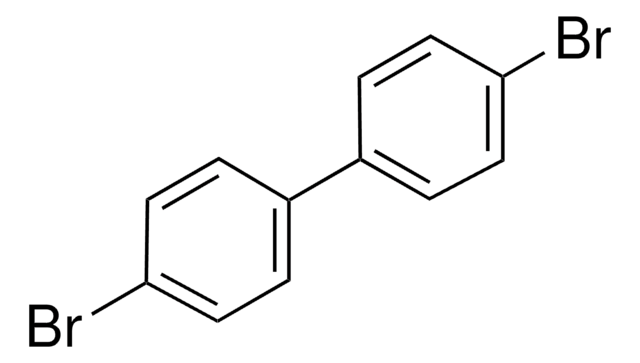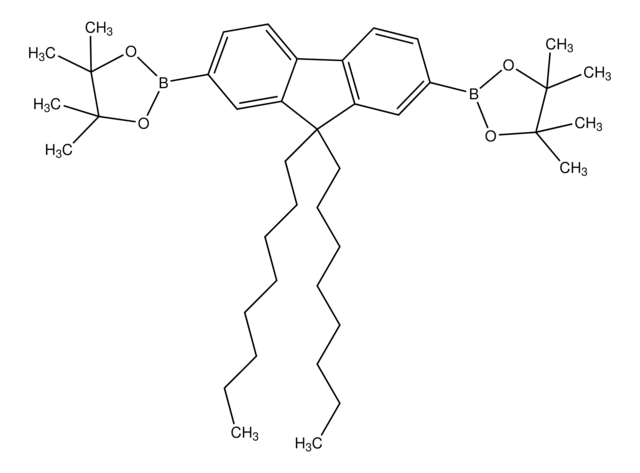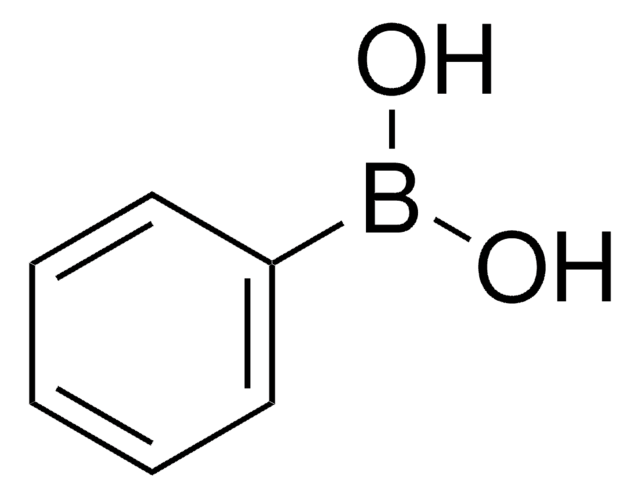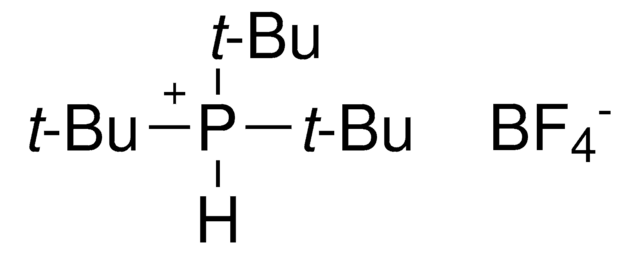About This Item
Recommended Products
grade
technical
Quality Level
Assay
≥90% (GC)
form
solid
bp
310 °C (lit.)
mp
82-86 °C (lit.)
82-86 °C
solubility
dioxane: soluble 1 g/10 mL, clear, colorless to very faintly yellow
SMILES string
Brc1ccc(cc1)-c2ccccc2
InChI
1S/C12H9Br/c13-12-8-6-11(7-9-12)10-4-2-1-3-5-10/h1-9H
InChI key
PKJBWOWQJHHAHG-UHFFFAOYSA-N
Looking for similar products? Visit Product Comparison Guide
General description
Application
Signal Word
Danger
Hazard Statements
Precautionary Statements
Hazard Classifications
Acute Tox. 4 Oral - Aquatic Acute 1 - Eye Dam. 1 - Skin Irrit. 2 - STOT SE 3
Target Organs
Respiratory system
Storage Class Code
11 - Combustible Solids
WGK
WGK 3
Flash Point(F)
212.0 °F - Not applicable
Flash Point(C)
100 °C - Not applicable
Personal Protective Equipment
Choose from one of the most recent versions:
Certificates of Analysis (COA)
Don't see the Right Version?
If you require a particular version, you can look up a specific certificate by the Lot or Batch number.
Already Own This Product?
Find documentation for the products that you have recently purchased in the Document Library.
Our team of scientists has experience in all areas of research including Life Science, Material Science, Chemical Synthesis, Chromatography, Analytical and many others.
Contact Technical Service